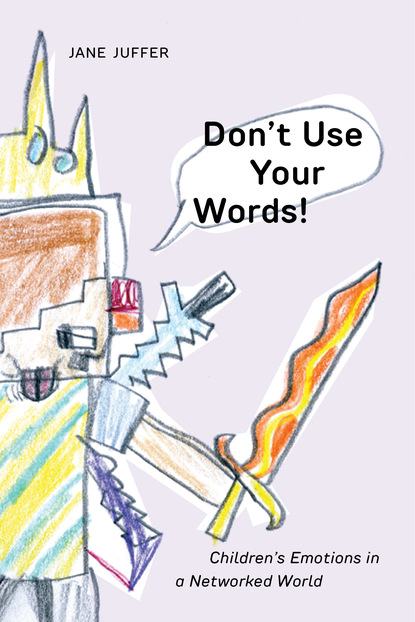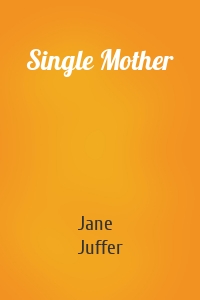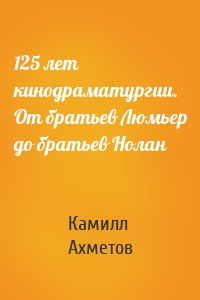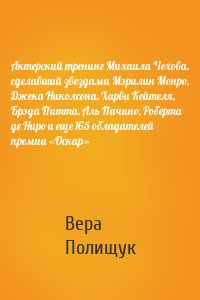
Don't Use Your Words! скачать fb2
Jane Juffer - Don't Use Your Words! краткое содержание
How children are taught to control their feelings and how they resistthis emotional management through cultural production Today, even young kids talk to each other across social media by referencing memes,songs, and movements, constructing a common vernacular that resists parental,educational, and media imperatives to name their feelings and thus controltheir bodies. Over the past two decades, children’s television programming has provideda therapeutic site for the processing of emotions such as anger, but in doingso has enforced normative structures of feeling that, Jane Juffer argues,weaken the intensity and range of children’s affective experiences.Don’t Use Your Words! seeksto challenge those norms, highlighting the ways that kids express theirfeelings through cultural productions including drawings, fan art, memes, YouTubevideos, dance moves, and conversations while gaming online. Focusing on kidsbetween ages five and nine, Don’t Use Your Words! situates theseproductions in specific contexts, including immigration policy referenced in drawingsby Central American children just released from detention centers and electoralpolitics as contested in kids’ artwork expressing their anger at Trump’svictory. Taking issue with the mainstream tendency to speak on behalf ofchildren, Juffer argues that kids have the agency to answer for themselves:what does it feel like to be a kid?
Скачать книгу «Don't Use Your Words!» Jane Juffer
Чтобы оставить свою оценку и/или комментарий, Вам нужно войти под своей учетной записью или зарегистрироваться





